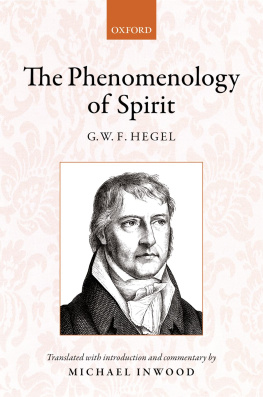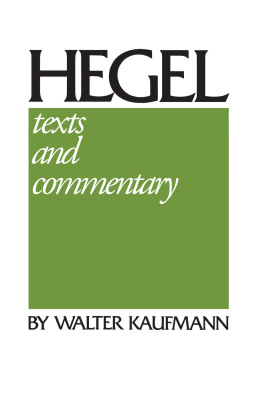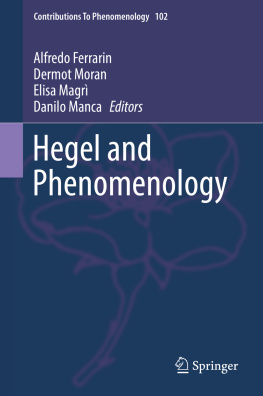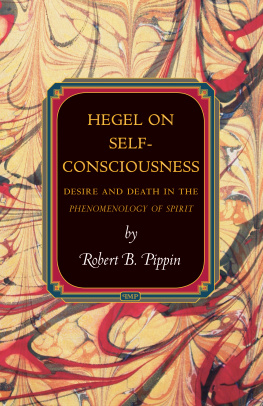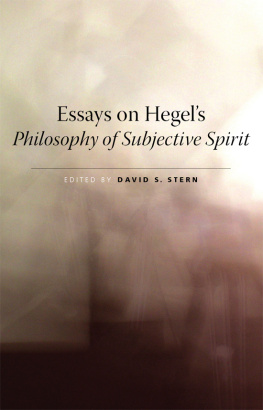Oxford University Press is a department of the University of Oxford. It furthers the University's objective of excellence in research, scholarship, and education by publishing worldwide. Oxford is a registered trade mark of Oxford University Press in the UK and in certain other countries
All rights reserved. No part of this publication may be reproduced, stored in a retrieval system, or transmitted, in any form or by any means, without the prior permission in writing of Oxford University Press, or as expressly permitted by law, by licence or under terms agreed with the appropriate reprographics rights organization. Enquiries concerning reproduction outside the scope of the above should be sent to the Rights Department, Oxford University Press, at the address above
You must not circulate this work in any other form and you must impose this same condition on any acquirer
Published in the United States of America by Oxford University Press 198 Madison Avenue, New York, NY 10016, United States of America
Links to third party websites are provided by Oxford in good faith and for information only. Oxford disclaims any responsibility for the materials contained in any third party website referenced in this work.
It has been said that the difference between Nietzsche and Hegel is that we can understand Nietzsches individual sentences, but not what he is saying overall, whereas with Hegel it is the other way around: we can understand what he is saying overall, but not his individual sentences. This dictum is overoptimistic as far as the Phenomenology of Spirit is concerned. Not only are its individual sentences often obscure, if not impenetrable, it is far from clear what the book is about overall. The problems begin with the title. In conformity with its derivation from the Greek words phainomai (appear) and logos (account, reason, etc.) phenomenology means study of appearance(s). But appearance is ambiguous. It may mean the emergence or manifestation of something (Hegels book appeared in 1807, His honesty was quite apparent) or it may mean the way something seems in contrast to the way it really is (Hegels book appears to solve all philosophical problems, His honesty was only apparent). Hegel uses appearance (Erscheinung) and the verb to appear (erscheinen) in both ways. What appears is Geist. Geist is the usual German word for the intellectual aspect of an individual, the mind, but in the Phenomenology it more commonly refers to the collective mind or spirit shared by a group of people. It is, as Hegel memorably puts it, I that is We, and We that is I (PS 177). It can also refer to the third person of the Trinity, the holy spirit, and this religious connotation is never far from Hegels mind when he uses the word Geist. Spirit appears on the scene in the course of the Phenomenology, but it does not appear all at once, as does, say, a book, or a person on my doorstep. It rather presents aspects of itself, fragmentary appearances in which fully fledged spirit is not revealed as a whole, but can be seen in retrospect as the source from which they stem: see 38, 47, and 440.
In Search of the Absolute
To learn more about the subject-matter of Hegels book, we need to turn not to the long Preface with which it begins, but to the shorter Introduction that follows it. The Preface was written after Hegel had completed the rest of the book and was meant as an introduction not only to the Phenomenology, but to the whole philosophical system to which the Phenomenology was originally intended as an introduction. The Preface is thus more closely connected with the concluding paragraphs of the book, which present his whole system in outline, than it is with the earlier stages of the work.
However, the camera-model of cognition is defective in several respects. First, it postulates a rift between myself and my cognitive equipment, between the photographer and the camera. But the photographer cannot be wholly denuded of primary cognitive equipment independent of the camera. I have, after all, to inspect the pictures supplied by my camera and to ask whether they are veridical or not. If I cannot rely on this primary equipment, more intimately connected with myself than the other, I have no basis for raising sceptical doubts about the reliability of my secondary cognitive equipment. I also need this primary equipment to have knowledge of myself, including the camera-model of my own cognitionunless we suppose (as Kant in effect did) that I take unreliable selfies with my secondary equipment. An adequate account of the Self must explain my ability to give that account. Here we have, in effect, two Selves, one that has a view of the world and another that has a reliable view, not of the world itself, but of that view of the world, and raises sceptical doubts about it.
But there are further Selves in play too. For, secondly, the camera-model neglects the fact that I am only one among very many similar Selves and that my knowledge of the world would be intolerably impoverished if I could not supplement my own meagre first-hand experience of it with the testimony of other Selves who perceive parts of the world that I do not and from viewpoints that I do not occupy. How does the camera-model accommodate other Selves? Does it lapse into solipsism, regarding others not as Selves on a par with myself, but simply as entities recorded by my camera? Or does each of us have a camera of our own? Or do we all view the world through a single global camera? Each of these alternatives involves difficulties, difficulties that had not been squarely confronted by Kant, who distinguished between myself and others, between I and we, only in his ethical writings, but not in his theoretical philosophy.
Thirdly, the camera-model differentiates the Self and its camera from the absolute itself. But how can that be? If the absolute is genuinely absolute, it cannot be sheerly distinct from Selves with their cameras and photographs. If it were, there would be two absolutes mysteriously disconnected from each other, since Selves and their pictures undoubtedly exist: they cannot, or at least I cannot, be yet one more illusory appearance. The Selves, their cameras, and photographs must rather be offshoots of the absolute, sent down by the absolute itself. It is open to dispute whether Hegel believed in such a thing as the absolute. But what is not in dispute is that he did not believe in an absolute that is separate from human knowers. Any absolute worthy of its name must encompass and account for the minds that, however imperfectly, know the absolute, and the onward advance of the Phenomenology is in large part driven by the quest for a type of knowledge that incorporates the knower in what is known.
Hegels Response
Despite these deficiencies of the camera-model in terms of which the problem of the absolute is posed, the problem still remains. The derivation of our concepts and beliefs from the absolute itself does not entail that they are appropriate or true. Illusions and error, as well as truths, must stem from the absolute. How can we know which, if any, of our beliefs about ultimate reality are true and which are false? Hegel proposes the following solution: we should consider, not directly the absolute itself, but the series of forms or shapes of consciousness that have occurred in our attempts to grasp the absolute. Unlike the first three shapes, which have no obvious historical setting, but only a logical order, the shapes falling under the heading of self-consciousness form a rough historical sequence: the struggle for recognition and the ensuing enslavement remind us of the ancient world or perhaps of the state of nature, Stoicism and scepticism developed in the Hellenistic and Roman periods, while unhappy consciousness recalls early Christianity, though all four shapes occasionally resurface in subsequent, and historically later, shapes of consciousness. Reason, in chapter V, forms another configuration, but is divided into three sectionstheoretical, practical, and a combination of the two. Theoretical (or observing) reason may be good enough for dealing with inorganic and organic nature but it flounders when it comes to the human Self: see 309ff. To deal with the Self, reason needs to become practical. Neither reason, nor its subsections, have any specific historical location. History begins in earnest with

